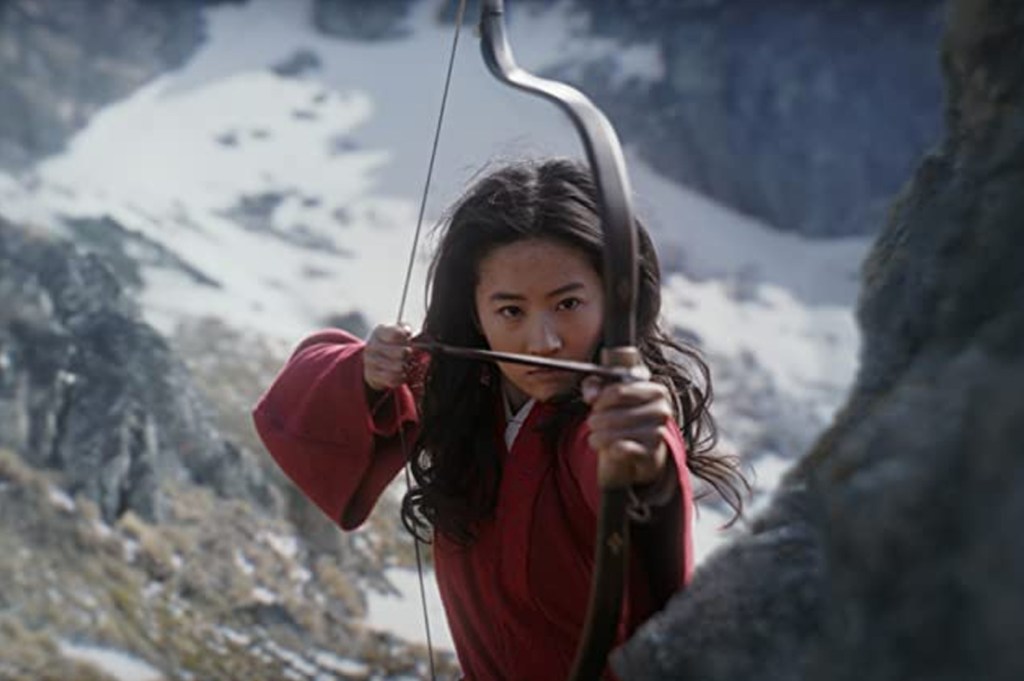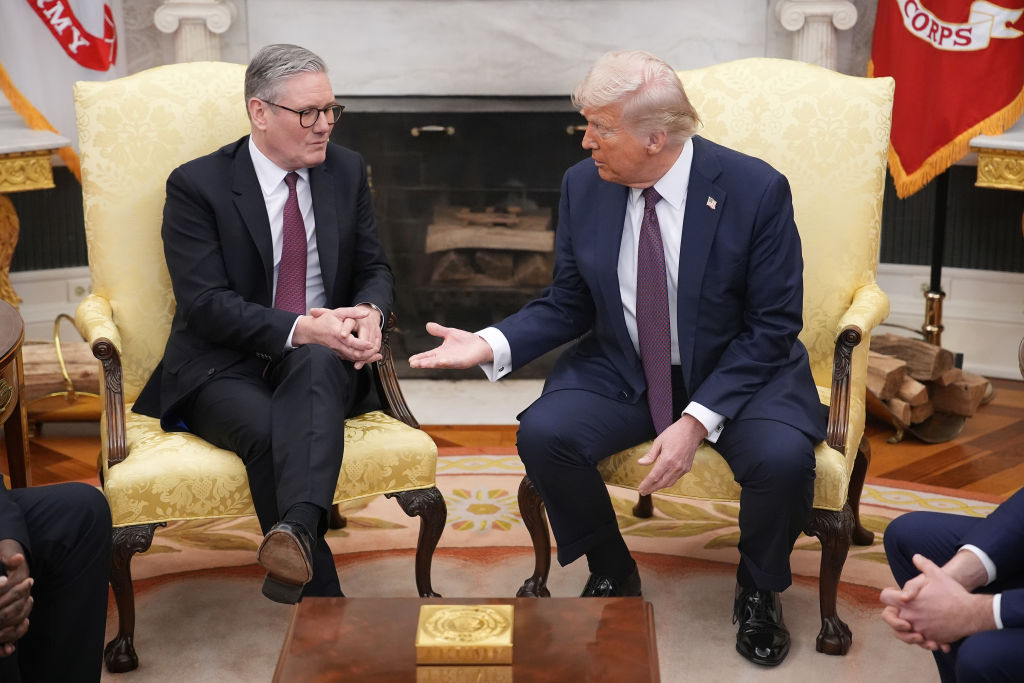The last year has seen a litany of corporates bend the knee to the mighty Chinese Communist party. From HSBC’s ringing endorsement of China’s controversial national security law, to the NBA choosing to denounce a pro-Hong Kong coach, big business has decided that, when it comes to China, profit trumps principle. But Disney’s latest film release, Mulan, is the worst example to date.
Activists have been coordinating a #BoycottMulan campaign ever since the lead actress in the film backed the Hong Kong police force. At the height of protests in 2019, Chinese-born American actress Crystal Liu Yifei wrote on Weibo: ‘I support the Hong Kong police. You can all attack me now. What a shame for Hong Kong’.
Now it seems Crystal Liu’s views on Hong Kong are not the only source of controversy when it comes to Mulan. Worse still is the credits reel where Disney lists its ‘special thanks’ to the Chinese Communist party authorities in Xinjiang, and the Turpan public security bureau, for allowing them to film in the region. Xinjiang, of course, is notorious for being the site of ‘reeducation’ camps which are believed to hold up to a million Uighur Muslims. A number of these camps are close to Turpan, and are likely to be overseen by the Turpan public security bureau.
[special_offer]
Disney could have chosen anywhere in the region to film. Instead, they chose an area under the authority of a regional government responsible for the world’s largest concentration camp.
This is a mistake for Disney but a major propaganda boon for Xi Jinping. And so too is Mulan’s plot, which bangs the drum for Chinese nationalism by appearing to tacitly endorse the Chinese state narrative when it comes to the Uighurs. The film is about a Han Chinese hero fighting back against northern invaders. It’s not hard to see the parallels for an oppressive state which is cracking down on Muslim Uighurs.
Western firms like Disney calculate that their consumers are too indifferent to China to care about the refusal to take a stance against the Chinese Communist party. Profit can trump principle because the Chinese market is big and Western consumers are apathetic. But let’s hope that the #BoycottMulan campaign can prove them wrong.

























